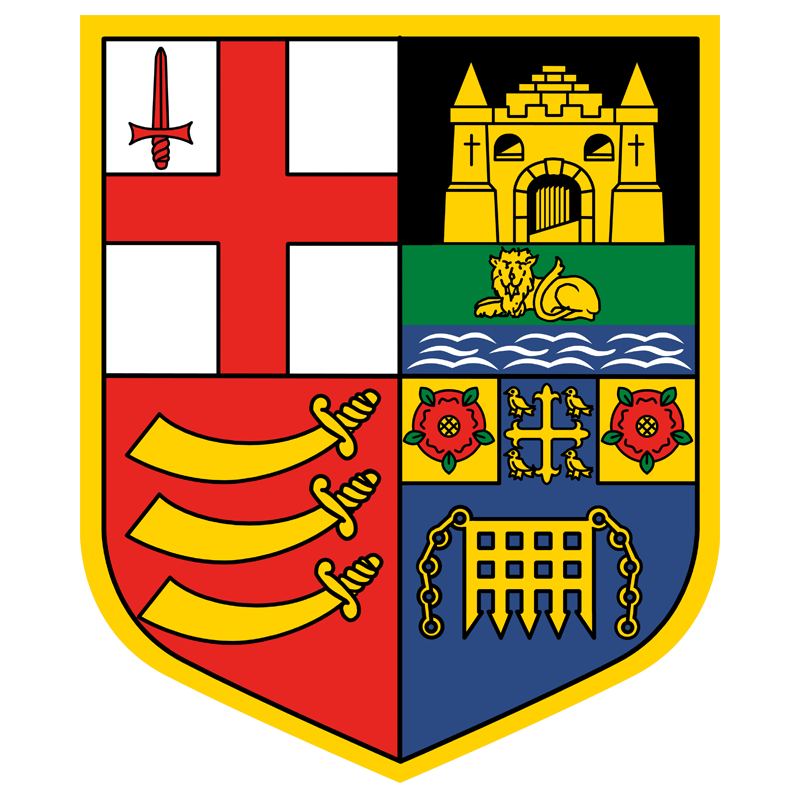Robin Hulf died on 12 November 2015 after a long battle with leukaemia. Robin Cameron Cooper writes…
Robin Hulf was the indefatigable organiser of a group of competitive veterans known as ‘the Army’ crew. A former Regular Army Officer, Robin was commissioned into the King’s Own Scottish Borderers in 1965. In a distinguished military career, he was twice Mentioned in Despatches and rose to the rank of Lieutenant Colonel and the command of his Battalion by 1986.
After rowing in eights at Sandhurst he was in the Clyde Amateur RC crew that won the coxed 4s at the Scottish Championships by a record margin - one that has not been beaten since. The same four competed in the Wyfolds at Henley, being beaten ultimately by Tideway Scullers. In the late 60s, Robin went on to compete for Scotland, with Scottish Argonauts, in the Thames Cup.
By 1970, Robin had met and married Penny, who supported him and his crews from many a cold, wet Scottish riverbank. But with a demanding job and a growing family, rowing then had to take a back seat for the next 20 years.
But in 1990 the Army sent him to St Johns College, Cambridge to take an M Phil, where another LRC member, John Hobson, was also doing a Masters. Together they rowed in an LMBC Veterans’ crew and soon after John introduced Robin to LRC. Warmly welcomed by the Irregulars, Robin said that he felt ‘instantly at home’ at the Club and relished the camaraderie and the enjoyment of rowing that they offered him.
While the Irregulars’ focus was on rowing as a social activity, however, Robin’s was on rowing as competition. So it was not long before he put together another Veterans’ crew whose focus would be on rowing to race. With Robin in charge and with its complement of 3 ex-soldiers, the crew inevitably became known as ‘the Army’ (although there were always at least as many lawyers and accountants among its number as there were military men). For the last 18 years this crew, in various combinations, has competed regularly in winter Head races and in fours and quads in the summer regattas. Robin was always delighted when one of his ‘Army’ crews won a cup or a pennant, but win or lose, he was always tireless in his drive for them to do better and to look forward to the next race.
On leaving the Army, Robin became a political consultant and later started his own consultancy. This put him in close contact with Parliamentarians in both Houses. When he discovered that the Lords vs the Commons rowing race had fallen into abeyance, he was determined to resurrect it and, since 2007, he was instrumental in that race taking place again every year. Together with the formation of the All Party Parliamentary Rowing Group, the event has seen the profile of rowing as a sport, and of LRC, raised amongst both Parliamentarians and industry, and the Group has so far raised £55,000 for charity. The race itself, ably organised by Alan Foster with help from other LRC members, has also contributed several thousands of pounds to the Club in donations from the race’s sponsor. Discussions are already taking place with British Rowing to ensure that the good work that Robin started will continue into the future.
In addition to LRC, Robin belonged to Bann Rowing Club in N. Ireland. With them in the early 2000s he competed in races in Enniskillen, Galway and Carrick-on-Shannon amongst others. He arranged for Bann Rowing Club to be hosted by LRC when they raced in the Vesta Vets’ Head in 2006. In the same year, he joined them in a charity row of the River Bann from Lough Neagh to Portstewart, a distance of 40 miles in one day.
Robin in his favourite bow seat competing in the 1999 Veterans' Head
In the past two decades, Robin never lost his passion and enthusiasm for rowing, even during the illness that ultimately claimed his life. In 2006, he competed in a double in the Head of the Charles with his daughter Camilla. In 2011 he bought his own sculling boat, which, with the support of his second wife Isobel, he took to Coniston Water and Ullswater, sculling the length of both lakes in quite challenging conditions. As recently as a year ago, Robin was in Sydney to see his son Toby graduate as a Doctor. Never one to miss an opportunity, and despite his failing health, Robin had two outings in Sydney harbour before he flew home.
Robin was a fervent supporter of Henley and attended every day of every Regatta whenever he could. Immaculately turned out in every possible combination of LRC gear, he cut a fine figure in Stewards as he followed the fortunes of the Army, University and Club crews with which he had rowed.
Characteristically, he fought his final, lengthy battle with leukaemia with great courage and good humour. He was proud that his rowing fitness meant that he was strong enough to undergo the treatment. When news of his death went round the Club, the almost universal epithet used to describe him by all age groups was that of ‘an absolute gentleman’, a description at which he would have smiled.
We send our deepest sympathy and condolences to all his family.




